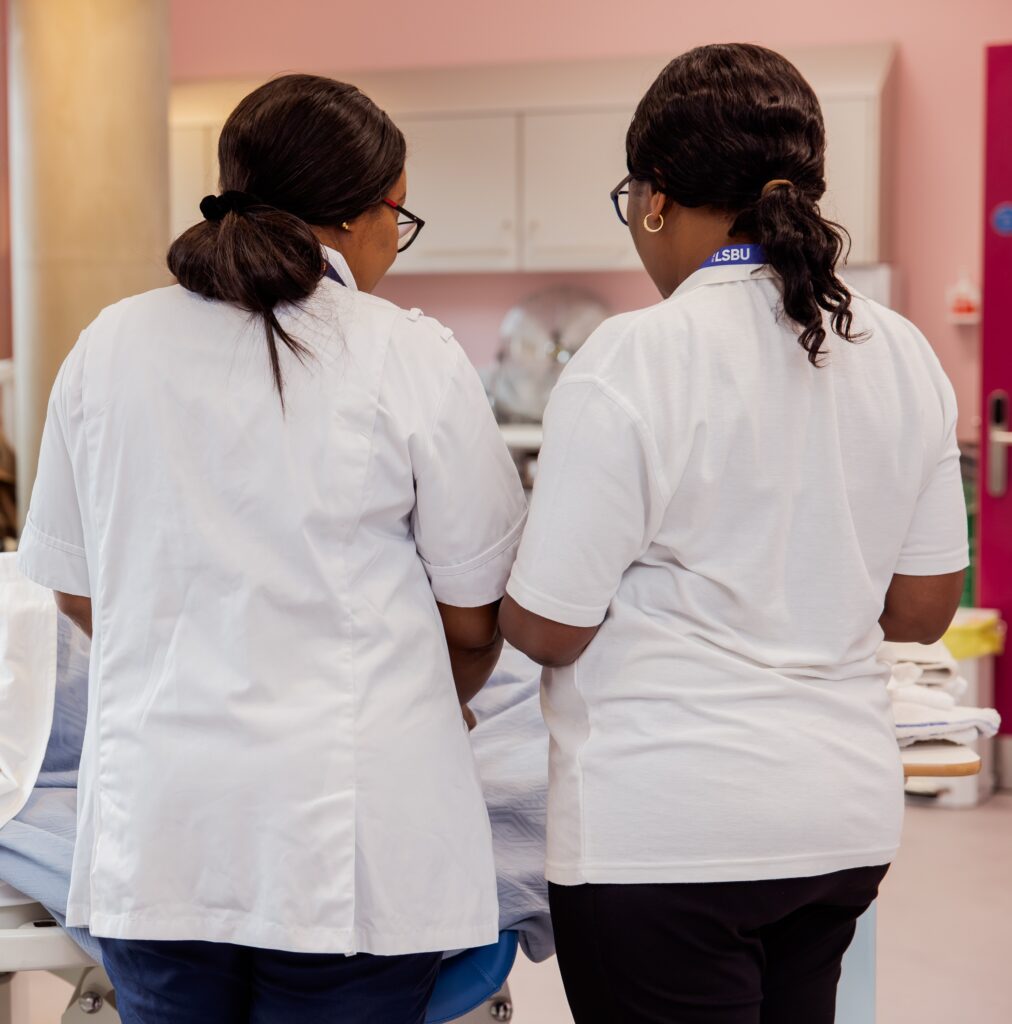Women should not die simply because they are Black, Asian or poor. This is the stark message from the Royal College of Midwives (RCM) following the publication of the latest MBRRACE-UK report, Saving Lives, Improving Mothers’ Care, into maternal deaths during and immediately following pregnancy between 2020 and 2022.
The RCM has long called for more to be done to improve maternal mortality rates among Black and Asian women, including for better education and training for maternity staff to recognise signs on non-white skin.
Gill Walton, Chief Executive of the RCM, said:
“Although there has been a slight narrowing of the gap, the fact is that there shouldn’t be one. Women should not die simply because they are Black, Asian or poor. There is so much more all of us can do, from the provision of education and training so that healthcare professionals, including midwives, obstetricians and paramedics, can identify and address conditions quickly and effectively, to better access to interpreter services in hospitals. The new Government said that they wanted to make this a priority. So do we, and we are ready to work with them to make a positive change.”
Perinatal mental health continues to have a profound impact on maternal mortality, with the most common cause of death among women who died between six weeks and a year of giving birth being mental health related.
Gill continued:
“It’s over a year since we published our Perinatal Mental Health Roadmap, setting out clear steps to improve mental health provision for women during pregnancy and in the postnatal period. Progress on this has been far too slow, and the provision of specialist midwives to support perinatal mental health has been significantly hampered by the ongoing shortages of staff in maternity services. We cannot simply wring our hands and shake our heads at the tragedy of lives lost. Governments and NHS bodies across the UK should share intelligence from those services who are doing this well and learn from it, so that women and families are able to access appropriate support when and where they need it.”
ENDS
Notes to editors
The MBRRACE-UK collaboration, co-led by Oxford Population Health’s National Perinatal Epidemiology Unit, Saving Lives, Improving Mothers’ Care report on women who died during or up to a year after pregnancy between 2020 and 2022 follows the data brief that was published in January 2024. That showed the maternal death rate in the UK to be at its highest level for almost 20 years. It examines the care received by the women who died in more detail and suggests strategies and interventions to prevent future deaths.
The data published by the MBRRACE-UK collaboration in January 2024 also showed that persistent disparities in maternal care remained. In 2020 to 2022, Black women were three times more likely to die during or up to six weeks after pregnancy when compared with White women. There was an almost two-fold difference in the rate of deaths amongst women from Asian ethnic backgrounds when compared with White women.
The data also showed that 12% of the women who died during or up to a year after pregnancy were at severe and multiple disadvantage, and women living in the most deprived areas of the UK were more than twice as likely to die when compared to women living in the least deprived areas.

